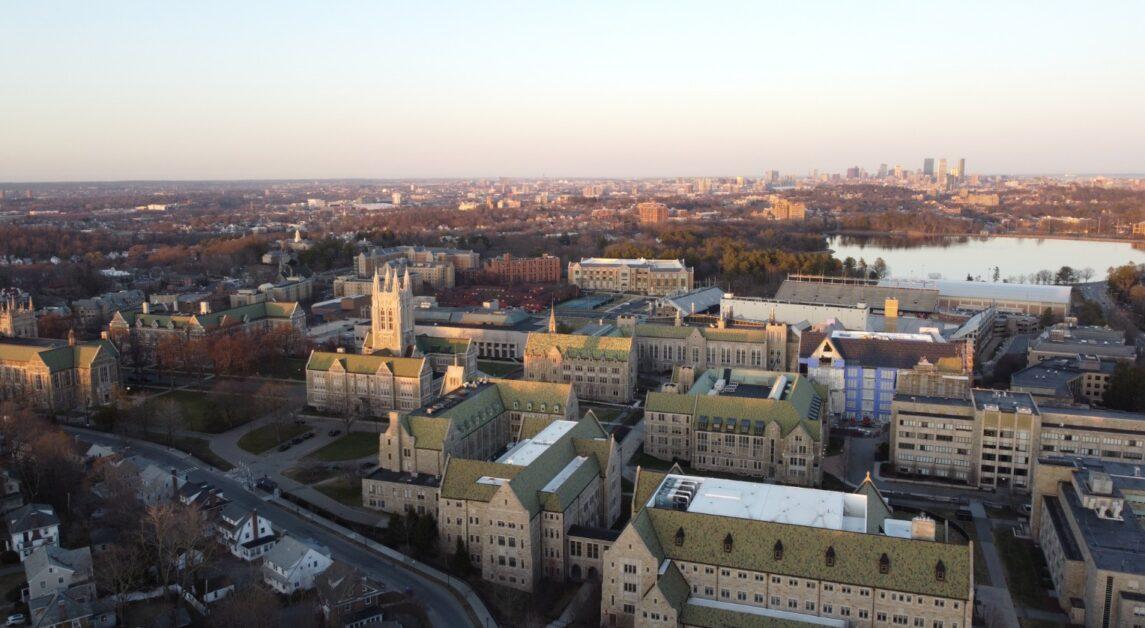Higgins, an associate professor in LSEHD, said the department will focus on the meaning and purpose of education as well as its contribution to overall human development.
“Formative education stresses that we’re interested in educating not just a little part of the person, like their memory or intellect more broadly, but the whole person,” Higgins said. “[It] talks about educating the whole person and educating them with an emphasis on meaning and purpose.”
The department will start with two programs, the Transformative Education Studies Program—an existing undergraduate program that will undergo revisions and transfer to the formative education department—and a masters program called Learning Engineering that will educate future “instructional designers,” Higgins said.
Stanton Wortham, dean of LSEHD, said the department will serve and support Boston College’s broader mission of cura personalis—the care of the whole person.
“Formative education is a crucial strength and distinctive feature of Boston College,” Wortham said. “Faculty and staff from across the university work skillfully to provide opportunities for holistic development—through exceptional programs, in their teaching, and by engaging directly with students.”
Higgins said current discussions about education are focused solely on numbers and test results.
“We feel like questions of meaning have gotten squeezed out of educational debates, and it’s all just about test scores, and college admissions, and we want to be leaders and say, no, if its education we’re talking about, we have to talk about how the individual students lead meaningful, rich good lives,” he said.
According to Higgins, the relationship between education and moral values in the United States today contributes to this inability to discuss broader questions about the purpose of education.
“One of the things we believe in this country is that we should have a strong separation between the private sphere, one’s religion, deepest ethical values, and the public sphere, where a lot of education takes place,” Higgins said. “There’s a lot of truth to that, we believe strongly that education shouldn’t indoctrinate students in any way, but the problem is, it’s like we’ve lost the ability to talk about questions that value purpose at all.”
The new department wants to redirect education back to asking these ethical questions, according to Higgins.
“Lynch wants to nudge education back toward reflecting on ethical questions in a broad sense,” he said. “How do we lead our lives? What makes a good life, and how does education contribute?”
The department’s new courses are unique in that they incorporate humanities, the interpretive social sciences, anthropology, and political theory, rather than just a pre-professional track, according to Higgins.
“We bring these humanistic disciplines to bear on educational questions,” Higgins said. “I think education is really different when you teach it as a liberal art than when you teach it simply as a pre-professional track.”
Wortham said LSEHD is excited to launch the Department of Formative Education.
“We are proud to have begun this unique department, and we look forward to working with others across the university on the larger project,” Wortham said.
Featured Image by Ben Schultz / For the Heights













